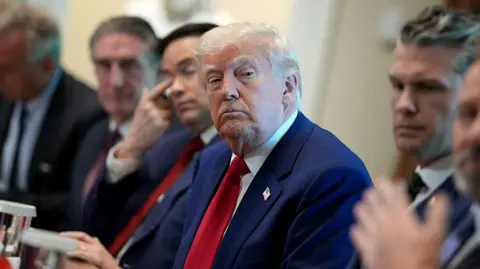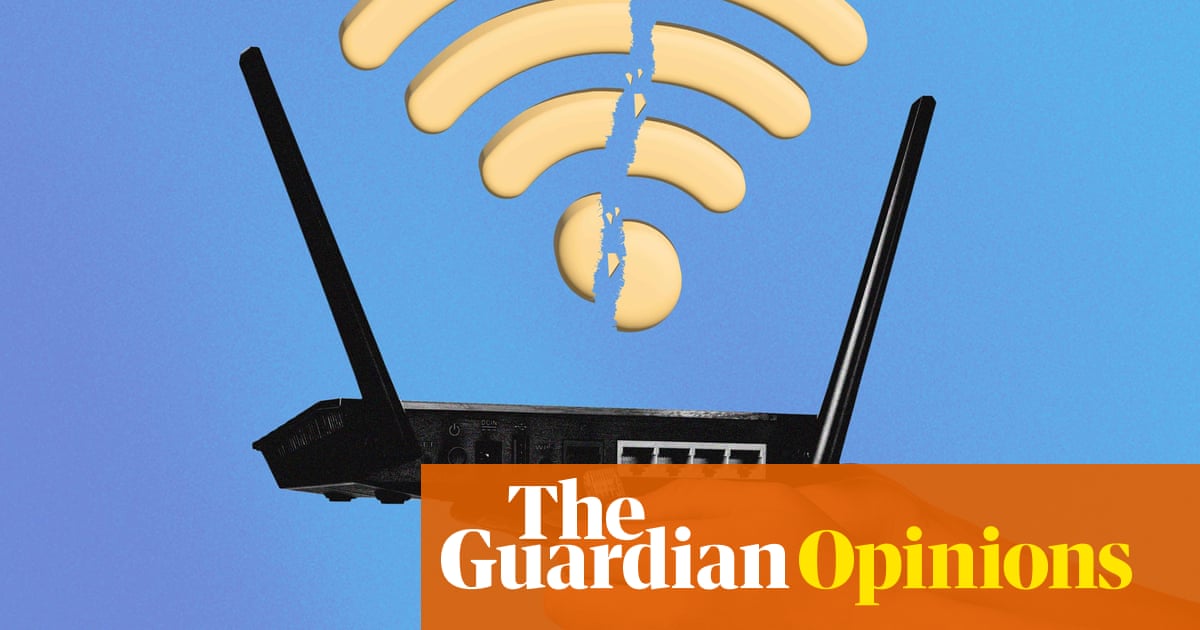Jesse Armstrong loves to pull fictional stories out of reality. His universally acclaimed TV show Successionfor instance, was inspired by real-life media dynasties like the Murdochs and the Hearsts. Similarly, his newest film Mountainhead centers upon characters that share key traits with the tech world’s most powerful leaders: Elon Musk, Mark Zuckerberg, Sam Altman, and others.
Mountainheadwhich releases on HBO on May 31 at 8 p.m. ET, portrays four top tech executives who retreat to a Utah hideaway as the AI deepfake tools newly released by one of their companies wreak havoc across the world. As the believable deepfakes inflame hatred on social media and real-world violence, the comfortably-appointed quartet mulls a global governmental takeover, intergalactic conquest and immortality, before interpersonal conflict derails their plans.
Armstrong tells TIME in a Zoom interview that he first became interested in writing a story about tech titans after reading books like Michael Lewis’ Going Infinite (about Sam Bankman-Fried) and Ashlee Vance’s Elon Musk: Tesla, SpaceX, and the Quest for a Fantastic Futureas well as journalistic profiles of Peter Thiel, Marc Andreessen, and others. He then built the story around the interplay between four character archetypes—the father, the dynamo, the usurper, and the hanger-on—and conducted extensive research so that his fictional executives reflected real ones. His characters, he says, aren’t one-to-one matches, but “Frankenstein monsters with limbs sewn together.”
These characters are deeply flawed and destructive, to say the least. Armstrong says he did not intend for the film to be a wholly negative depiction of tech leaders and AI development. “I do try to take myself out of it, but obviously my sense of what this tech does and could do infuses the piece. Maybe I do have some anxieties,” he says.
Armstrong contends that the film is more so channeling fears that AI leaders themselves have warned about. “If somebody who knows the technology better than anyone in the world thinks there’s a 1/5th chance that it’s going to wipe out humanity—and they’re some of the optimists—I think that’s legitimately quite unnerving,” he says.
Here’s how each of the characters in Mountainhead resembles real-world tech leaders. This article contains spoilers.
Read More: With Mountainhead, the Creator of Succession Targets a Group That’s Beyond Satire
Venis (Cory Michael Smith) is the dynamo.
Venis is Armstrong’s “dynamo”: the richest man in the world, who has gained his wealth from his social media platform Traam and its 4 billion users. Venis is ambitious, juvenile, and self-centered, even questioning whether other people are as real as him and his friends.
Venis’ first obvious comp is Elon Musk, the richest man in the real world. Like Musk, Venis is obsessed with going to outer space and with using his enormous war chest to build hyperscale data centers to create powerful anti-woke AI systems. Venis also has a strange relationship with his child, essentially using it as a prop to help him through his own emotional turmoil.
Throughout the movie, others caution Venis to shut down his deepfake AI tools which have led to military conflict and the desecration of holy sites across the world. Venis rebuffs them and says that people just need to adapt to technological changes and focus on the cool art being made. This argument is similar to those made by Sam Altman, who has argued that OpenAI needs to unveil ChatGPT and other cutting-edge tools as fast as possible in order to show the public the power of the technology.
Like Mark Zuckerberg, Venis presides over a massively popular social media platform that some have accused of ignoring harms in favor of growth. Just as Amnesty International accused Meta of having “substantially contributed” to human rights violations perpetrated against Myanmar’s Rohingya ethnic group, Venis complains of the UN being “up his ass for starting a race war.”
Randall (Steve Carell) is the father.
The group’s eldest member is Randall, an investor and technologist who resembles Marc Andreessen and Peter Thiel in his lofty philosophizing and quest for immortality. Like Andreessen, Randall is a staunch accelerationist who believes that U.S. companies need to develop AI as fast as possible in order to both prevent the Chinese from controlling the technology, and to ostensibly ignite a new American utopia in which productivity, happiness, and health flourish.
Randall’s power comes from the fact that he was Venis’ first investor, just as Thiel was an early investor in Facebook. While Andreessen pens manifestos about technological advancement, Randall paints his mission in grandiose, historical terms, using anti-democratic, sci-fi-inflected language that resembles that of the philosopher Curtis Yarvin, who has been funded and promoted by Thiel over his career.
Randall’s justification of murder through utilitarian and Kantian lenses calls to mind Sam Bankman-Fried’s extensive philosophizing, which included a declaration that he would roll the dice on killing everyone on earth if there was a 51% chance he would create a second earth. Bankman-Fried’s approach—in embracing risk and harm in order to reap massive rewards—led him to be convicted of massive financial fraud.
Randall is also obsessed with longevity just like Thiel, who has railed for years against the “inevitability of death” and yearns for “super-duper medical treatments” that would render him immortal.
Jeff (Ramy Youssef) is the usurper.
Jeff is a technologist who often serves as the movie’s conscience, slinging criticisms about the other characters. But he’s also deeply embedded within their world, and he needs their resources, particularly Venis’ access to computing power, to thrive. In the end, Jeff sells out his values for his own survival and well-being.
AI skeptics have lobbed similar criticisms at the leaders of the main AI labs, including Altman—who started OpenAI as a nonprofit before attempting to restructure the company—as well as Demis Hassabis and Dario Amodei. Hassabis is the CEO of Google Deepmind and a winner of the 2024 Nobel Prize in Chemistry; a rare scientist surrounded by businessmen and technologists. In order to try to achieve his AI dreams of curing disease and halting global warning, Hassabis enlisted with Google, inking a contract in 2014 in which he prohibited Google from using his technology for military applications. But that clause has since disappeared, and the AI systems developed under Hassabis are being sold, via Google, to militaries like Israel’s.
Read More: Demis Hassabis Is Preparing for AI’s Endgame
Another parallel can be drawn between Jeff and Amodei, an AI researcher who defected from OpenAI after becoming worried that the company was cutting back its safety measures, and then formed his own company, Anthropic. Amodei has urged governments to create AI guardrails and has warned about the potentially catastrophic effects of the AI industry’s race dynamics. But some have criticized Anthropic for operating similarly to OpenAI, prioritizing scale in a way that exacerbates competitive pressures.
Souper (Jason Schwartzman) is the hanger-on.
Every quartet needs its Turtle or its Ringo; a clear fourth wheel to serve as a punching bag for the rest of the group’s alpha males. Mountainhead’s hanger-on is Souper, thus named because he has soup kitchen money compared to the rest (hundreds of millions as opposed to billions of dollars). In order to prove his worth, he’s fixated on getting funding for a meditation startup that he hopes will eventually become an “everything app.”
No tech exec would want to be compared to Souper, who has a clear inferiority complex. But plenty of tech leaders have emphasized the importance of meditation and mindfulness—including Twitter co-founder and Square CEO Jack Dorsey, who often goes on meditation retreats.
Armstrong, in his interview, declined to answer specific questions about his characters’ inspirations, but conceded that some of the speculations were in the right ballpark. “For people who know the area well, it’s a little bit of a fun house mirror in that you see something and are convinced that it’s them,” he says. “I think all of those people featured in my research. There’s bits of Andreessen and David Sacks and some of those philosopher types. It’s a good parlor game to choose your Frankenstein limbs.”











